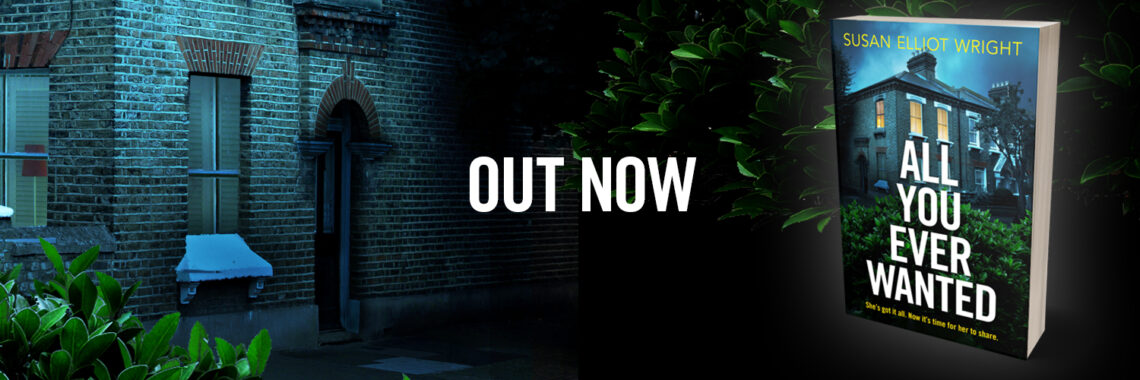Well, what a treat this book was. A clever idea, beautifully realised. Satish Patel is a paediatric cardiologist with a guilty secret. The secret is revealed quite early on, but we then want to know why Satish is in this situation, and why he is so upset by the idea of appearing in a staged photograph to recreate the one taken of him and his neighbours in a Jubilee street party in 1977. The shot, taken when Satish was eleven, became an iconic representation of ‘multicultural Britain’, and made the photographer’s name.
The narrative slips seamlessly back and forth between the present and the day of the street party. It’s soon clear that something awful happened to Satish that day, and that whatever it was occurred as a result of the casual racism that was inherent in 1970s British society. As we meet the children and adults who appeared in the original photograph, we see how their behaviour and attitudes range from a simple lack of understanding to outright racist cruelty.
The author maintains the tension right through the novel, revealing the past little by little, and showing us the effects that that past has had on the present. The reader is gripped by a number of questions, but as we wonder whether Satish will come out of this with his career, family and friendships intact, we want to know in particular what happened to him that day that was so traumatic. When the revelation comes , it is unexpected, deeply shocking, and brilliantly handled. I finished the novel a few weeks ago now but am still haunted by one particular scene. The most upsetting aspect of what happened, and perhaps the most distressing for the young Satish, is the reaction of the mostly well-meaning adults to whom he goes for help and comfort. This is powerful stuff.
Satish is a hugely sympathetic character, and his character and those of his family are utterly convincing. One or two of the minor characters weren’t quite as vividly drawn, but this is a minor criticism because it had very little effect of the overall storytelling, which was pacey and well-judged. The period detail was perfect – enough to give a sense of the era but without laying it on with a trowel. I also loved the last section of the book in which there are some immensely satisfying events, leading us to a perfectly balanced ending. An enjoyable and affecting novel.
To read my other reviews or find my recipes, see this post: http://selliotmedia.blogspot.com/2012/02/links-to-all-my-food-bits-reading-bits.html?utm_source=BP_recent
To find out more about me and my work, visit www.susanelliotwright.co.uk
